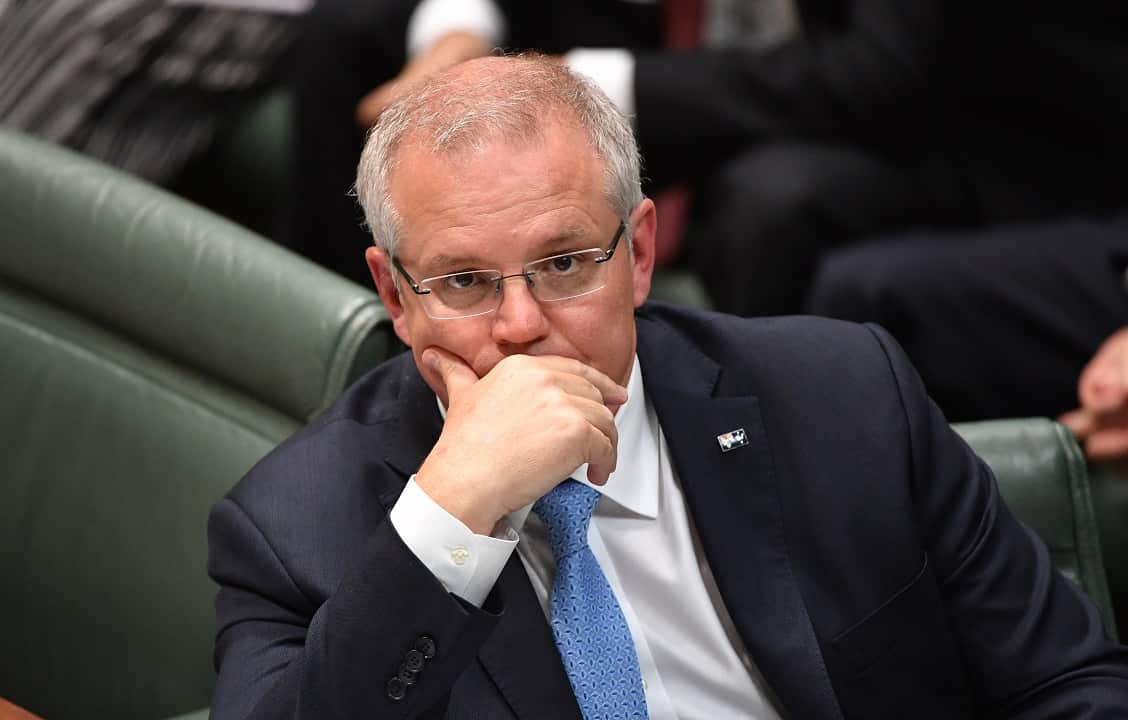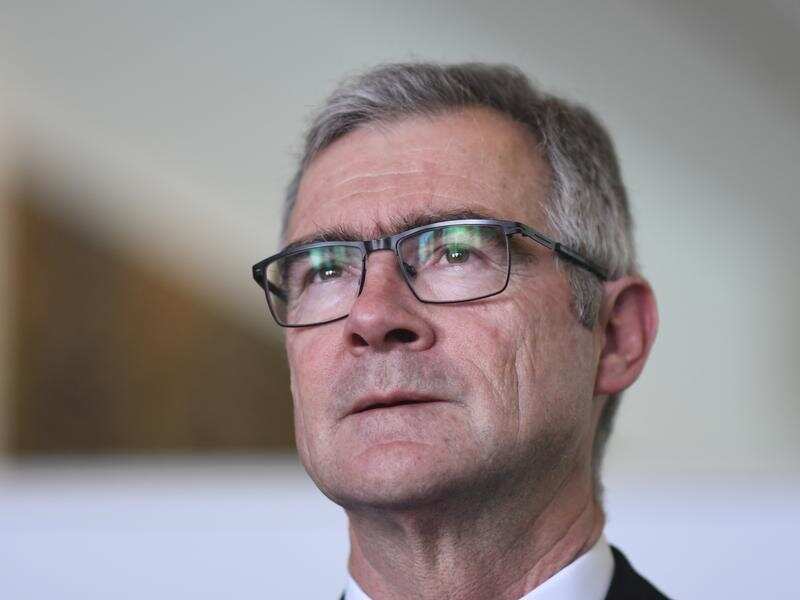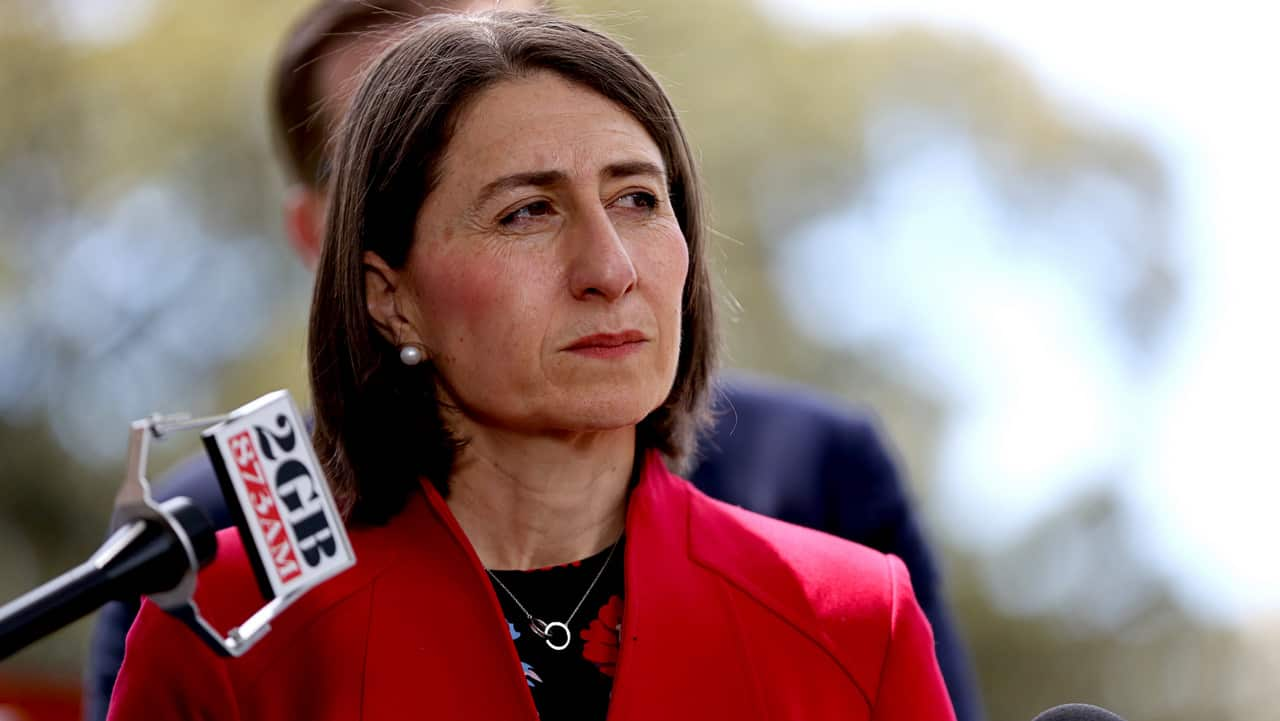As state and territory leaders prepare to discuss population policy in their first meeting with Prime Minister Scott Morrison, a business lobby group is urging them to recognise the benefits of migration and stop blaming migrants for infrastructure and transport shortfalls.
The Australian Chamber of Commerce and Industry has released a policy that highlights the boost migration gives to the businesses.
The statement recommends federal and state governments recognise the comparative advantage migration has given Australia when making new population policies.
It also argues Australia's migration program could be refined so it can become more responsive to skill and labour needs.

Those changes should include extending employer-nominated migration to all skilled occupations and ensuring visa fees and charges are internationally competitive, the chamber believes.
ACCI chief executive James Pearson said governments have become too caught up with the idea of constricting temporary skilled migration.
They have also been feeding perceptions that migration has been the cause of congestion in Sydney and Melbourne, he said.

His comments come before the Council of Australian Governments meeting in Adelaide on Wednesday.
"Employers across the country are deeply concerned this week's COAG meeting may suggest the states and territories cut back on migration because of infrastructure shortfalls," Mr Pearson said.
"That would be letting the tail wag the dog.

"Politicians would never tell people to stop growing their businesses and employing more people because of strains on infrastructure, so they should not do so for migration."
Peter Colacino, executive director of policy and research at Infrastructure Australia, also agrees the government is to blame for failures to deal with population growth.
"Poor planning is the first step in seeing a misalignment between population levels and infrastructure delivery."
"We need to make sure the planning system gives regard to the type of communities that people would like to live in and that we prioritise investment in the services and infrastructure they value the most."
Mr Colacino is calling for an overhaul of planning policies across the three levels of government, tailored to match the specific needs of growing communities.
"We need to have good plans to ensure the increasing population is matched by investment in infrastructure and services to keep cities livable."
"And that means more than just transport, more than roads and rail."
University of Melbourne demographer Peter McDonald is calling for the current government policy prioritising young, skilled migrants to continue.
Professor McDonald says it changes the age structure of the population and has many benefits.
"It certainly adds to the size of the economy. What's more important, though, is that migration contributes to GDP per capita - it increases the standard of living of everybody."
Mr Morrison has a "population framework" in mind but has asked each of the states and territories to come up with areas they want new migrants to go.

NSW Premier Gladys Berejiklian has been pushing for a slowdown on migration to NSW, as Sydney struggles after years of under-investment in infrastructure.
But Victorian Premier Daniel Andrews says population policy needs to be met with proper infrastructure investment from Canberra.

